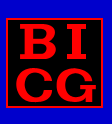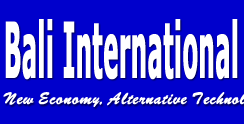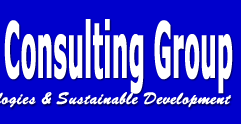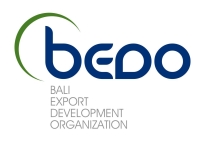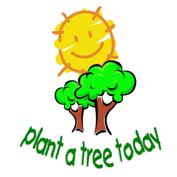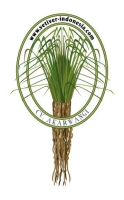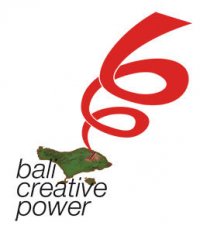Sustainable Development
SOCIAL
ENVIRONMENTAL
ECONOMIC
--- SUSTAINABILITY ---

WHY? Who benefits?Everyone benefits, directly or indirectly, from a better environment - although the very poor, women and children benefit the most.
HOW? Practically, how is it done?- First, accept that current development models often fail to achieve goals.
- Test all proposals by basic sustainability criteria - only accept proposals that satisfy the basic criteria.
- In project development, pursue a needs-based approach in collaboration - via local field officers - with local communities.
- Choose local and foreign consultants and staff with - practical, generalist (cross-sectoral) as well as business/commercial - training and experience *
- Place a Real Premium on working with Local Capacities **
* Ecologists and Environmental Scientists study overviews. Open-minded Economists and Responsible Business Managers take a very wide view. Politicians and Advocates understand the social context.
** Working with Local Skills, Knowledge and Organizational Capacity - facilitates project. implementation and empowers local communities.
WHO PAYS? Now and into the future?Sustainable Development Projects:
In general, a user-pays solution is most sustainable - although resources over time are required to firmly establish new schemes.
Sustainable Business:
Good CSR in operations, plus community-based projects, ensures sustainability.
VISION? Where does it lead us?There can only be one sensible vision for the future.
That is a vision of truly sustainable societies.
BICG - SUSTAINABILITY STATEMENTBICG accepts the followingDefinition of Sustainability
Current generations fill their needs and provide their wants -
- without compromising future generation's ability to do the same
BICG Commitments- To test every proposal by three basic criteria for sustainability.
- To reject any proposal that fails any of the three criteria.
- To pursue integrated approaches in design, development, planning, implementation and management.
- To place a premium on local skills, knowledge and organizational capacity.
- To maintain absolute transparency in financial planning and management.
- To remain needs-focused in project development.
- To maintain a business-like implementation policy.
The Three-Criteria Test for Sustainability- Is it Socially sustainable?
- Is it Environmentally sustainable?
- Is it Economically/Financially sustainable?
Current Sustainability ProjectsBICG is working on sustainable development projects throughout Indonesia, especially Bali, Lombok, Banda Aceh, Nias and Eastern Indonesia.
BICG associate consultant Norm van't Hoff continues working with USAID's Environmental Services Program (ESP) in Aceh designing, developing and implementing models.
Sustainable WATSAN (Water and Sanitation).
Coastal Environmental Rehabilitation.
Communal Sewage & Wastewater Treatment (sub-surface wetland system) Pilot Project - cluster of 18 homes in Lhok Nga.
Vetiver Grass Production and Demonstration Project - Watershed Management plus Livelihoods.
Wastewater Treatment at Barracks - with Mercy Corps.
Sewage and Wastewater Housing Reconstruction Project - with CARE.
Joint BRR/ESP - Workshop on More Sustainable Sanitation for Aceh - planned for May '06.
|
